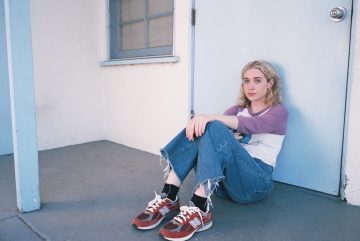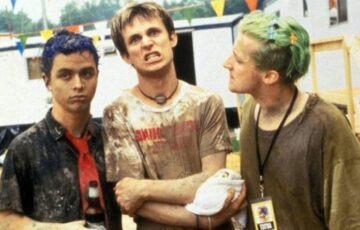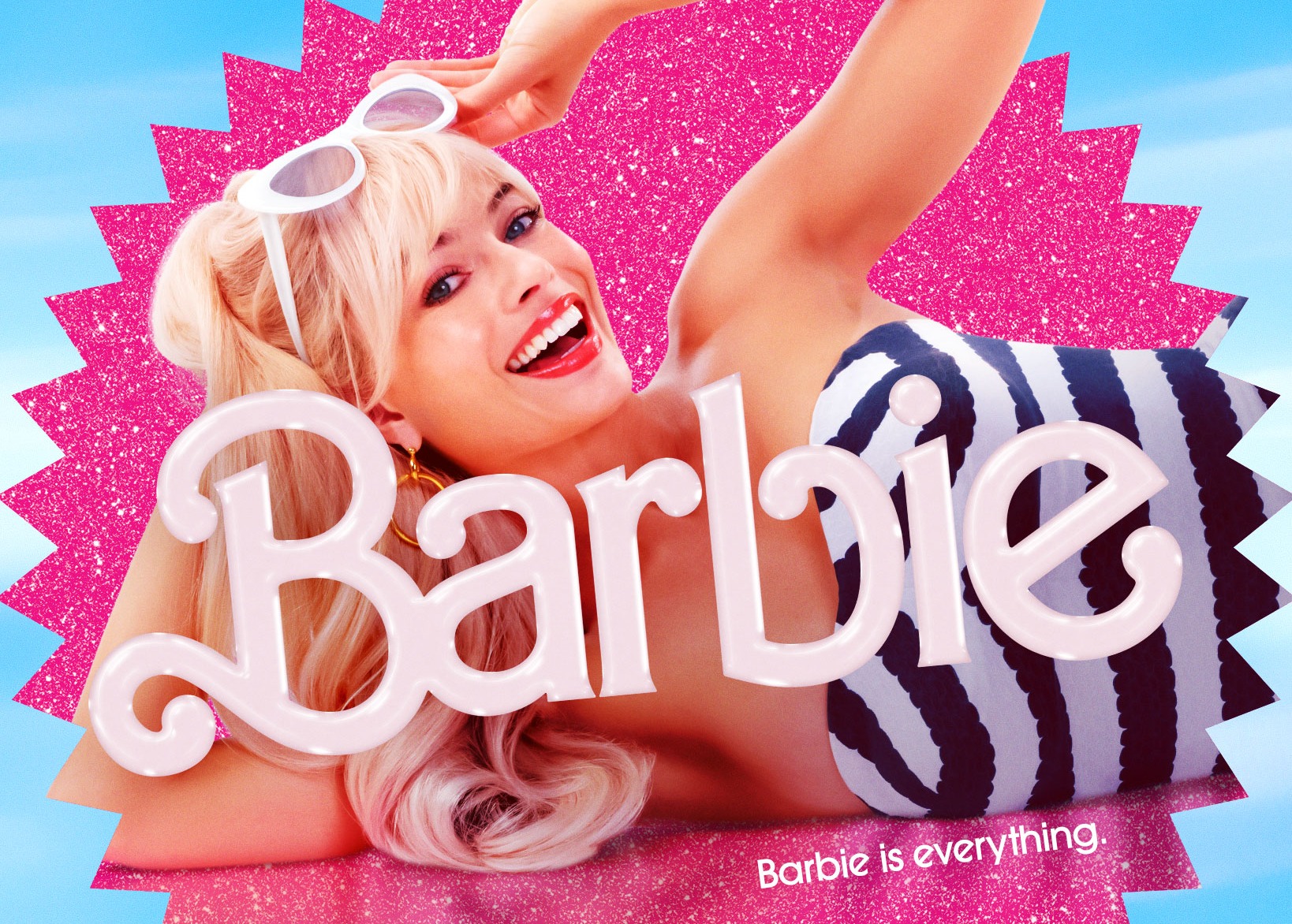
As of today, Barbie is going head to head with Christopher Nolan’s latest blockbuster Oppenheimer in the biggest battle in cinematic history. Forget Avengers: Endgame and the Battle of the Bastards. Barbie v. Oppenheimer is, seemingly, the battle of the century.
Since neither film moved from their release date, the so-called Barbenheimer double-bill is set to be the summer’s hottest ticket, and the battle for the box office began as soon as tickets went on sale. Barbie is set to get an early lead with a projected $100 million opening weekend against Nolan’s more modest but still strong $50 million opening weekend.
But it seems that the biggest battle isn’t between Nolan and Gerwig, but between blockbusters and indie cinema. The Guardian recently published a very-well written but poorly thought-out opinion piece on how Gerwig’s latest and biggest film signals the death of the indie director. It’s possible that the writer didn’t choose the headline for their article, but the sentiment that Gerwig has played a central role in diminishing the power of independent cinema is still an audacious one.
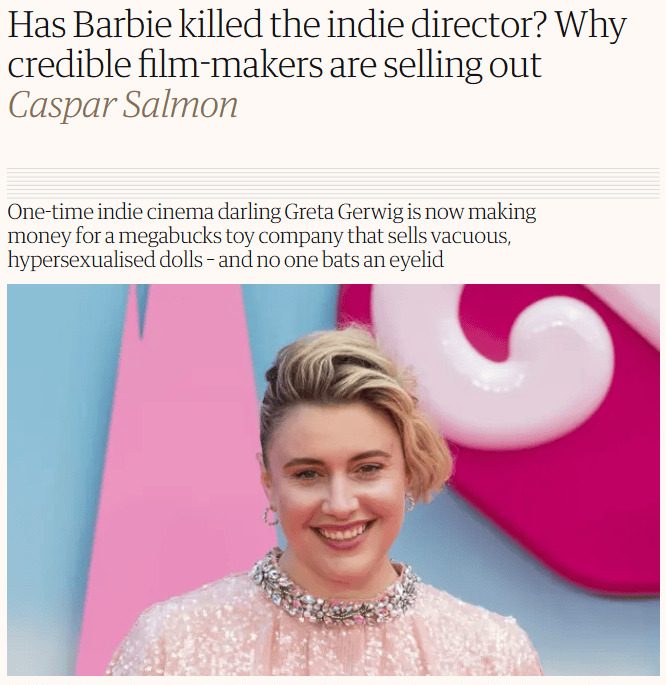
As the article declares, Gerwig was once a “former queen of independent cinema”. She first entered the directing world with Nights and Weekends, which she co-directed with Joe Swanberg. Both Gerwig and Swanberg were huge indie darlings around the time of the film’s release, and both were associated with the mumblecore movement, which put emphasis on naturalism. Gerwig’s first solo directorial feature, Lady Bird (2017), quickly pushed her into the limelight with 5 Oscar nominations, including Best Director for Gerwig, and her 2019 follow-up Little Women saw the director bring a beloved book alive on the big screen, once again leading to plenty of accolades.
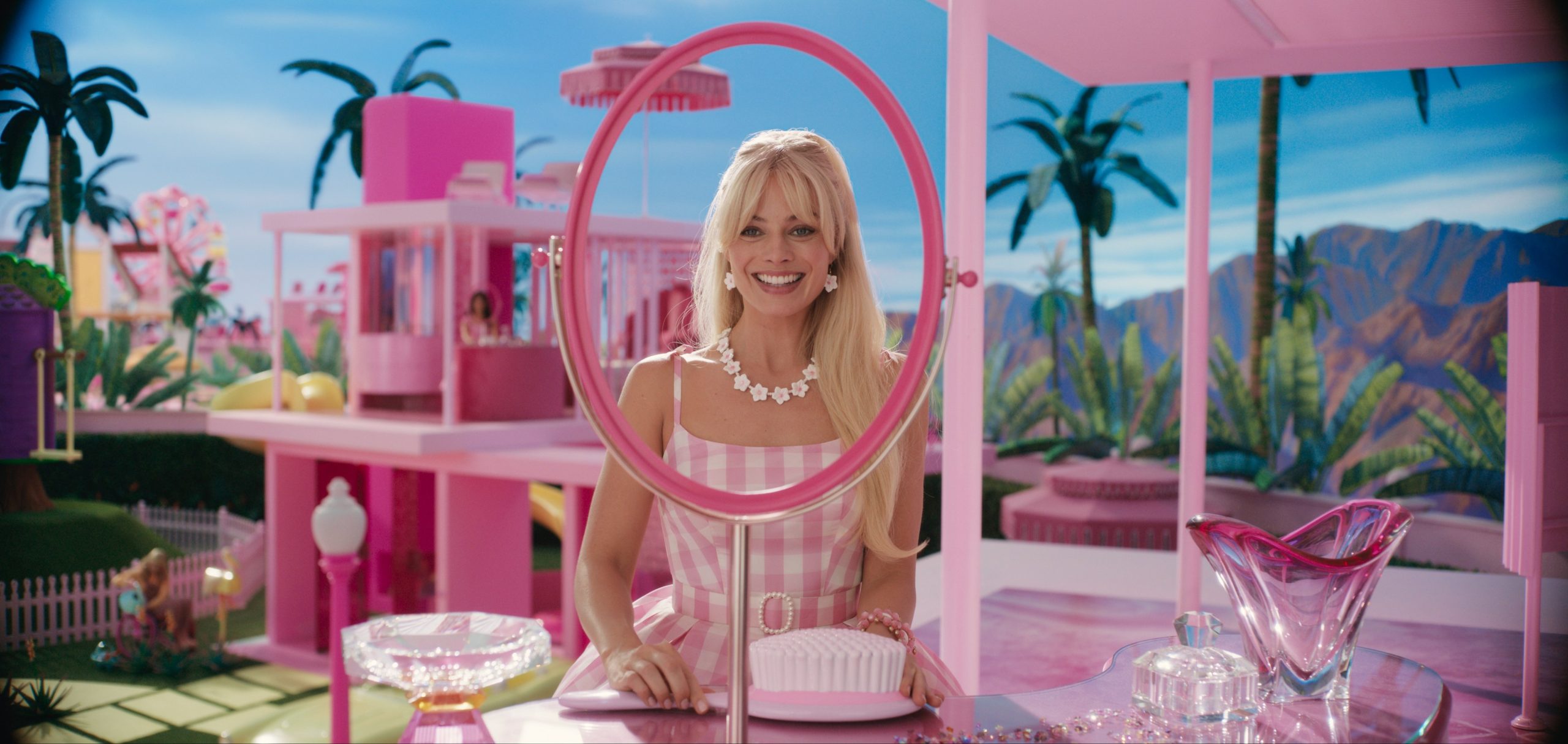
Credit: Warner Bros.
Barbie is, without a doubt, Gerwig’s biggest film to date, both in terms of budget ($145 million) and her creative ambition. In our review, we called the film “delightfully weird” and “a masterpiece”.
What’s so troubling about The Guardian’s piece is that it seems to suggest that Gerwig, and filmmakers like her, are the sole reason for the impending death of indie cinema. While the writer goes on to mention Barry Jenkins, who similarly started out small and has moved on to bigger things, there is little mention of any other directors who have made the jump from humble independent filmmakers to big studio names. James Gunn, Colin Trevorrow, Chloé Zhao and David Lowery all had flourishing careers as indie directors, but they also found themselves helming some of the biggest studio efforts of recent years.
Of course, there is plenty of reason to criticise studios for relying on franchises. Disney+’s hugely successful Star Wars show The Mandalorian seems to have been conceived purely to sell little teddies of Baby Yoda (whose real name is Grogu, but Baby Yoda is just so much more marketable, isn’t it?), but that doesn’t take away from some of the genuinely great moments of the show.
Meanwhile, Indiana Jones has just fallen pretty much flat on its face with a dull sequel that has underperformed both critically and at the box office, prompting many to ask, did we really need a fifth Indiana Jones film? Did we learn nothing from the disastrous The Kingdom of the Crystal Skull in 2008?
It is true that cinema seems to be in a bit of a crisis when it comes to original ideas and films getting funded and made. But for every Indy sequel, there is a Past Lives. For every Marvel movie, there is a Scrapper. Indie film is alive and well if you know where to look, and it’s completely ludicrous to blame the death of the indie auteur on one woman.
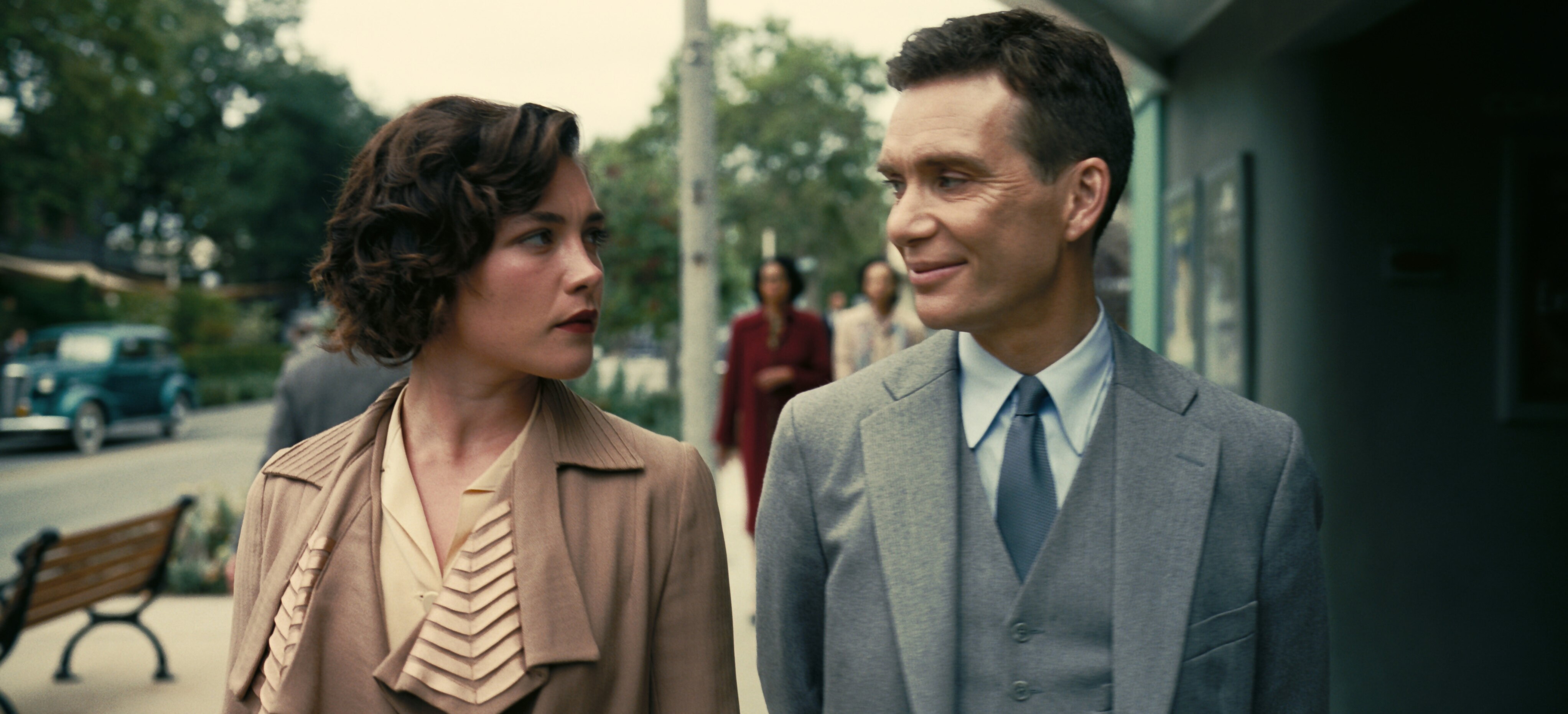
Christopher Nolan has yet to be accused of selling out. Credit: Universal Pictures
Women have historically had a hard time breaking out to the big leagues of Hollywood. In 2022, only 24% of directors, writers, producers, editors and cinematographers working on the 250 highest-grossing films were women. This was 1% down from 2021. Only 11% of directors working in the top 100 films in 2022 were women.
This isn’t news; Hollywood has always been very male-led, especially when it comes to blockbuster cinema. Marvel’s first solo female superhero film, Captain Marvel, was only co-directed by a woman and it wouldn’t be until 2021’s The Eternals that Marvel would let a woman, a woman of colour in fact, to direct a film for them solo. DC did slightly better with Patty Jenkins taking the reins for Wonder Woman all the way back in 2017.
Everyone knows who Steven Spielberg, Martin Scorsese and Christopher Nolan are. All of these directors, and many more, are household names, specifically because they make films for the masses. Their films are constantly praised for their appeal and artistry. Gerwig’s agent told The New Yorker that the director’s plan is not to become “the biggest woman director but a big studio director.”
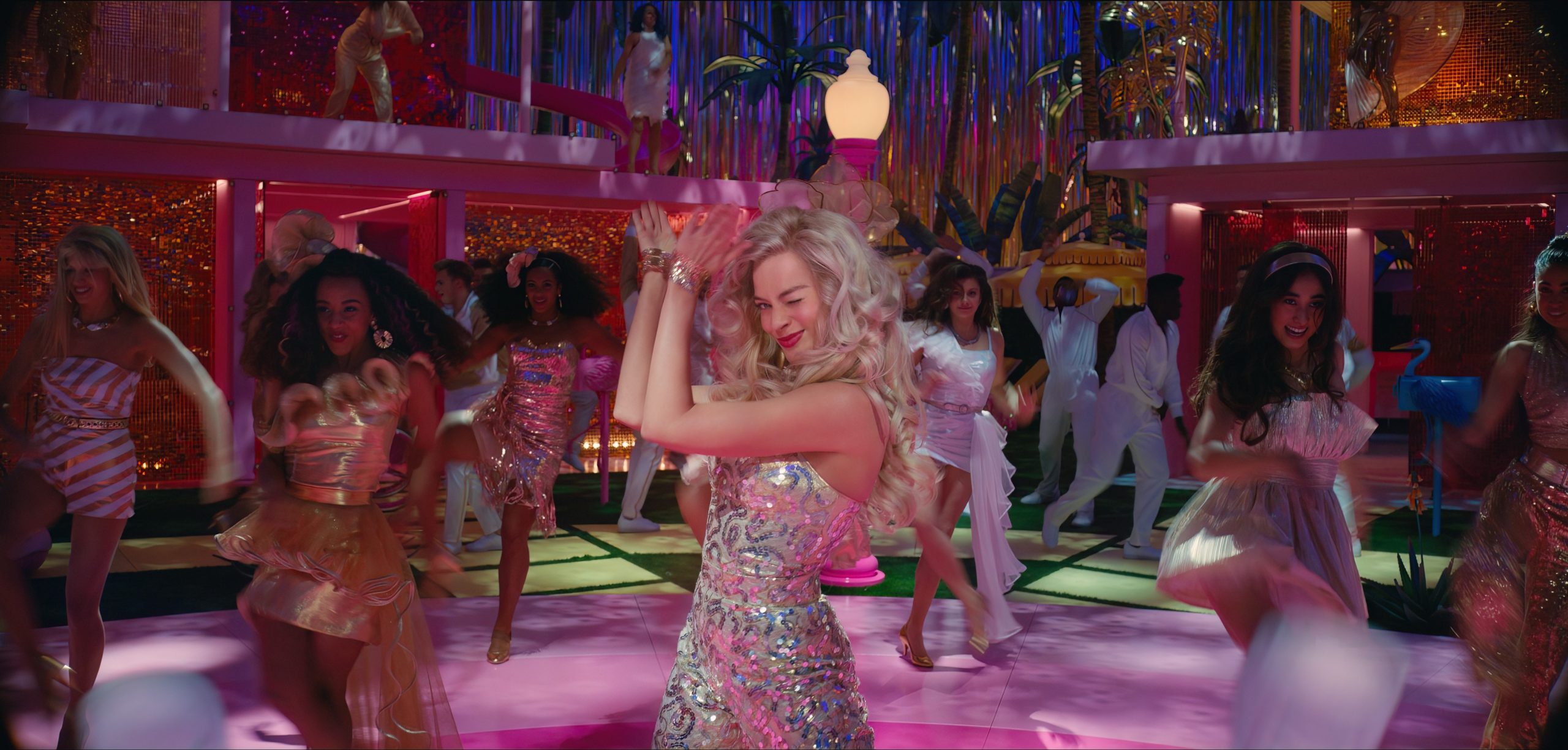
Credit: Warner Bros.
It would seem like Gerwig has somewhat succeeded in that. Barbie has been warmly received by critics, and Gerwig is currently set to adapt The Chronicles of Narnia for Netflix next. So why are we shaming a woman who has succeeded in a very male-dominated market and blaming her for the death of something that just hasn’t happened?
The Guardian’s opinion piece also seems to be steeped in good, old-fashioned snobbery and elitism. You absolutely do not have to like mainstream commercial cinema, and there is a nuanced and valid argument to be made about Barbie acting as an advertisement for Mattel, designed to boost sales, but the piece also subtly implies that there is no artistry to mainstream cinema. Disney might be a morally bankrupt company at the top, but to say there is no real sense of craft or skill, or mastery of storytelling present in films like Inside Out, The Force Awakens, or Encanto is a bold thing to imply.
So how about we stop blaming Gerwig for selling out and instead celebrating a woman who finally made it? Gerwig will inspire so many little girls to become filmmakers, proving that it’s possible. Also, Barbie is good. It’s weird, wonderful and completely unique. That might be a matter of opinion, but blaming the success of a woman as the sole reason for the death of independent cinema sounds more like thinly veiled misogyny.
Barbie is in cinemas now.

